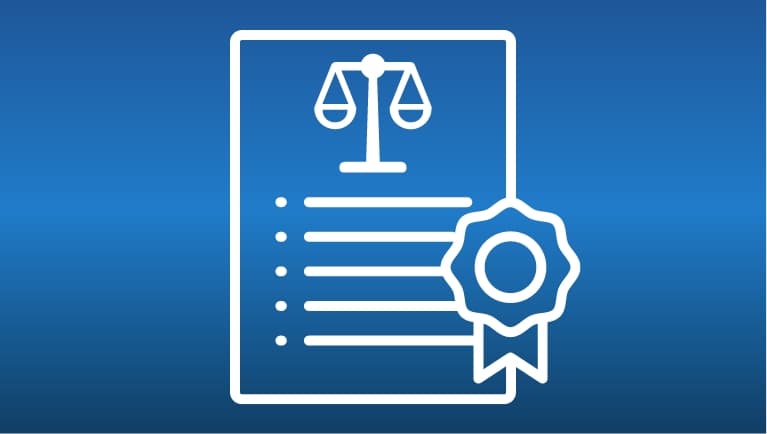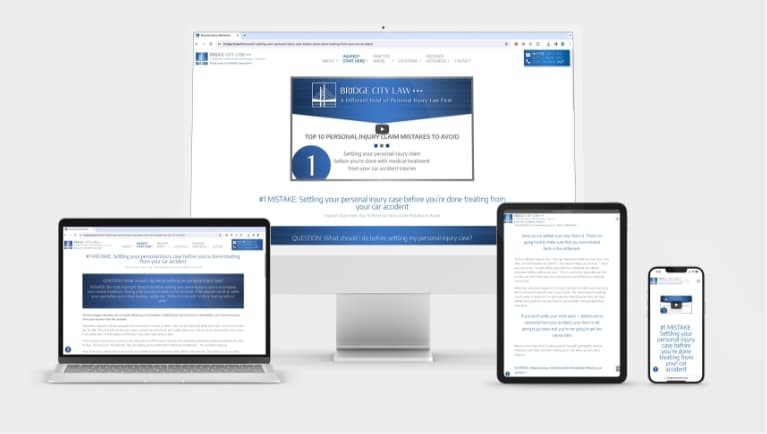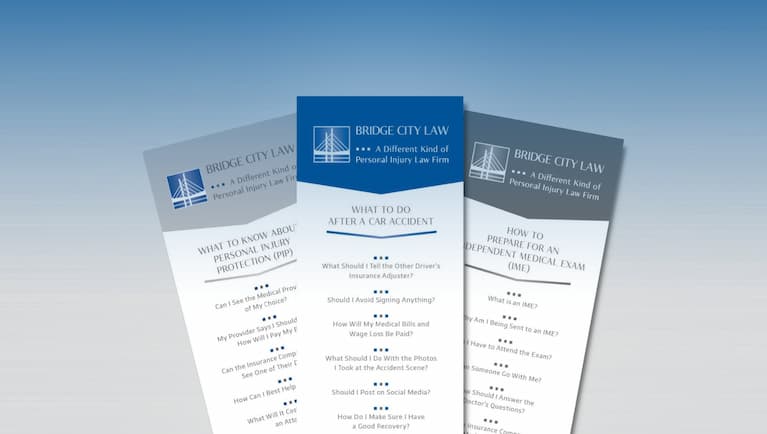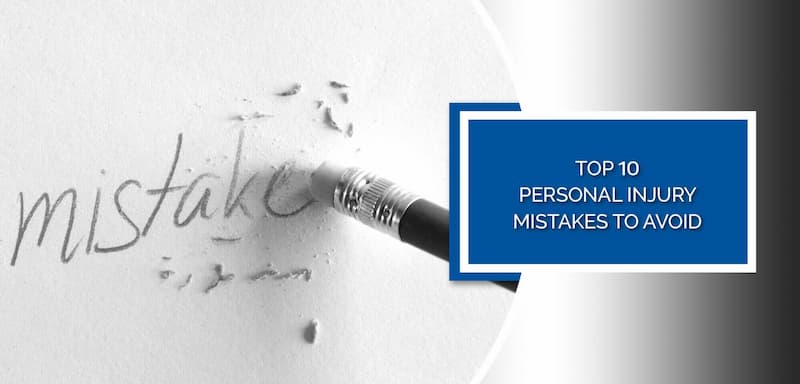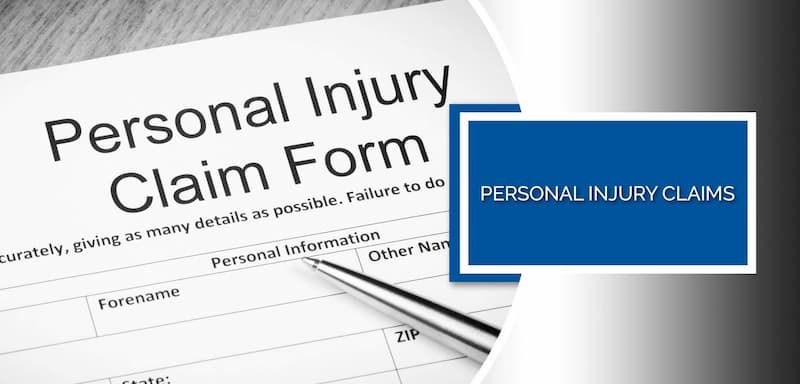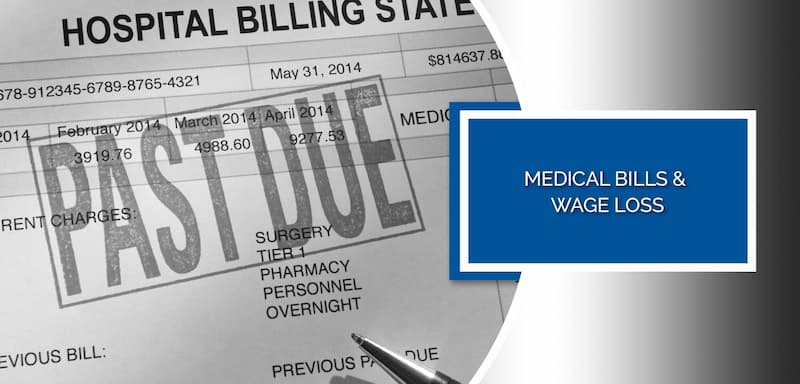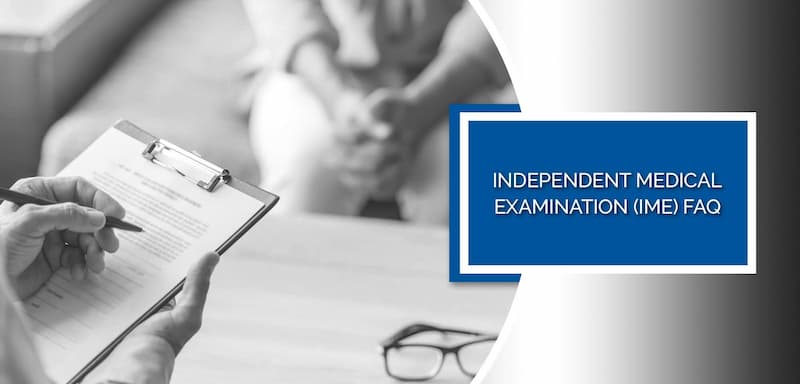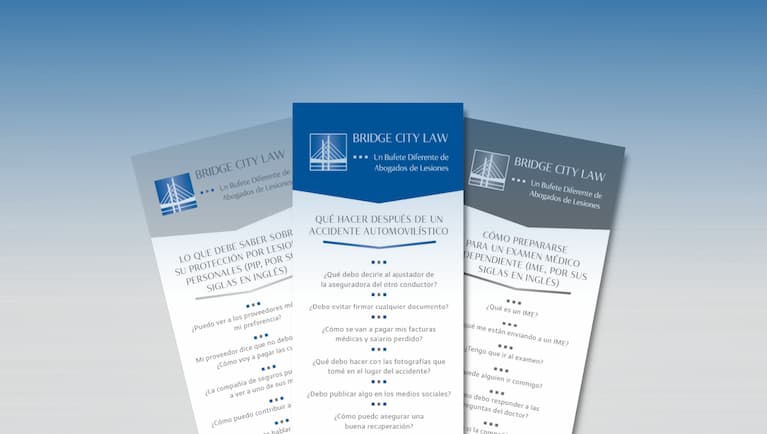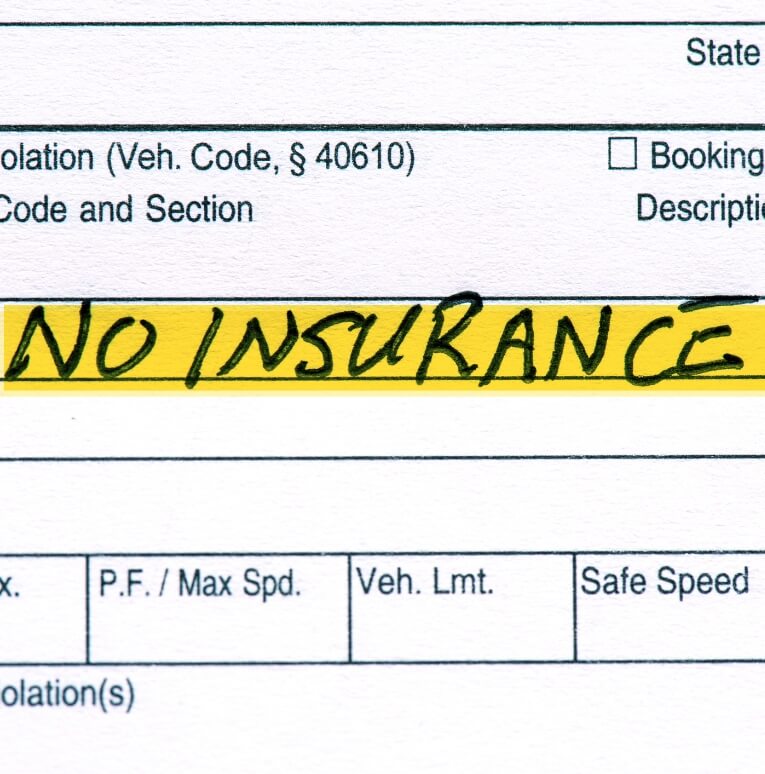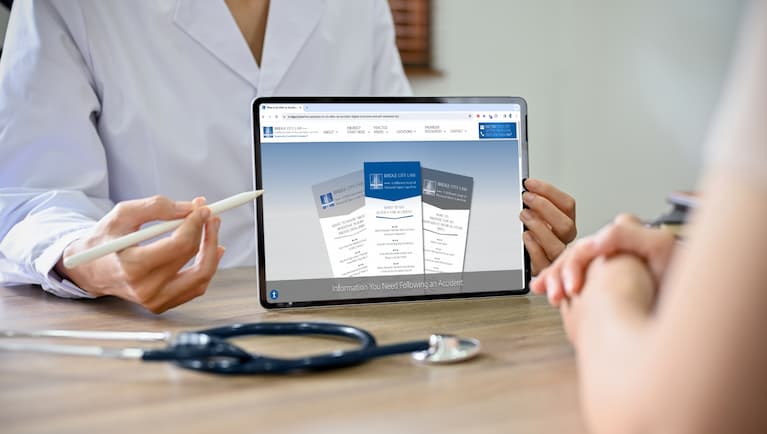#6 How do I prepare for the Independent Medical Exam (IME)?
QUESTION: How do I prepare for an Independent Medical Exam, IME?
ANSWER: When preparing for an IME, it’s critical in protecting your benefits to understand questions clearly, to avoid guessing or ever lying — even if you think your response may result in the insurance company ending your PIP benefits. It’s important to keep your answers concise, with “yes” or “no” responses if appropriate. Remember, the IME doctor’s isn’t on your side and their role isn’t to help in your recovery but to evaluate your claim for the insurance company. Your honesty is essential, but do not include extra information as it could affect your treatment coverage.
How do I prepare for an Independent Medical Exam, IME?
If the PIP adjuster for the insurance company requires that you attend an Independent Medical Exam (IME), you must go if you want to prevent your medical coverage from ending. By complying and attending the exam, you’ll be in the best possible position to have the insurance company pay for the treatment for your injuries from your car accident.
To protect your benefits and to take care of your personal injury claim, there are three important rules to follow in preparing for the exam, and in responding to the questions the IME doctor will ask during your appointment.
First, make sure you clearly understand the question the doctor is asking before you respond. Answering the questions, specifically, succinctly, and accurately is important and can make a difference in your benefits continuing or not.
Don’t be surprised if the IME doctor doesn’t ask the question in the most direct way. If any of the questions you’re asked are not absolutely clear to you, or confusing for some reason — or you’re just uncertain about what the doctor wants to know, you can simply say,
“I’m sorry, would you please re-ask the question?”
Second, if you don’t know the answer to the question the doctor is asking, don’t guess — and, obviously, the worst thing any of us can do is lie, right?
The second worst thing you can do is guess at an answer.
If you guess wrong, it’s going to cause problems with your medical bills being paid and with your claim down the line.
If you do have an exact answer, that’s great. If you have an approximate answer, that’s fine too. However, if you’re not sure of the answer, you should simply say, “I don’t recall right now.” If you remember the answer later in the exam, then you can say, “Oh, now I remember the answer to the question you asked previously.”
Keep in mind that you are only required to answer the questions you know the answers to. You do not need to feel pressured to say anything beyond what you know for sure.
Third, keep your answers short and to the point. Many of the questions that will be asked can be answered with ‘yes’ or ‘no’ responses. If it’s a yes-no question, only answer with a ‘yes’ or ‘no’ — do not add any comments or qualify your response.
Of course, you need to be honest and accurate when responding to the questions you’re being asked, but it’s important to keep in mind that the doctor who’s examining you is not on your team, so be succinct with your responses.
When you go to see your own medical provider, you know that generally the more information you share with your doctor, the better position they’re in to help you.
But the IME doctor is not seeing you to help you.
In an IME appointment, the exact opposite is true. The more information you give the IME provider, the more you’re helping them — which means you’re helping the insurance company justify not continuing the medical payments for your treatment.
You always need to be honest and accurate — but you want to do so in a way that you can keep your responses short. If the doctor wants more information, they will ask you for it — you don’t need to offer it.
Ya sea nuestro cliente o no, queremos ser un puente de apoyo para usted.
Hemos desarrollado una sólida biblioteca de artículos y videos organizados en cuatro temas que incluyen nuestras respuestas a las preguntas más frecuentes relacionadas con los reclamos por lesiones personales.
- Los 10 Principales Errores En Lesiones Personales Que Debe Evitar
- Lo Que Necesita Saber Sobre Su Reclamo
- ¿Cómo Se Pagan Mis Facturas Médicas y la Pérdida de Salario?
- Cómo Prepararse para Su Examen Médico Independiente
Los artículos brindan consejos y pautas para ayudarle a navegar cada fase del proceso de reclamos por lesiones personales. Ya sea que lo representemos o no, nos apasiona ayudarle a proteger sus derechos, asegurando que reciba la atención médica necesaria para recuperarse de sus lesiones y que tenga la información necesaria para evitar errores que puedan perjudicar su reclamo por lesiones personales.
Estamos aquí para ser un puente de apoyo. Si tiene preguntas sobre cómo navegar el proceso de reclamo por lesiones personales, estaremos encantados de hablar con usted. Ya sea que sea nuestro cliente o no, queremos que obtenga la información que necesita para proteger sus derechos y su reclamo.
¿NO ESTÁ SEGURO SI TIENE UN CASO?
Contáctenos para una evaluación de caso SIN CARGO
"*" indicates required fields












